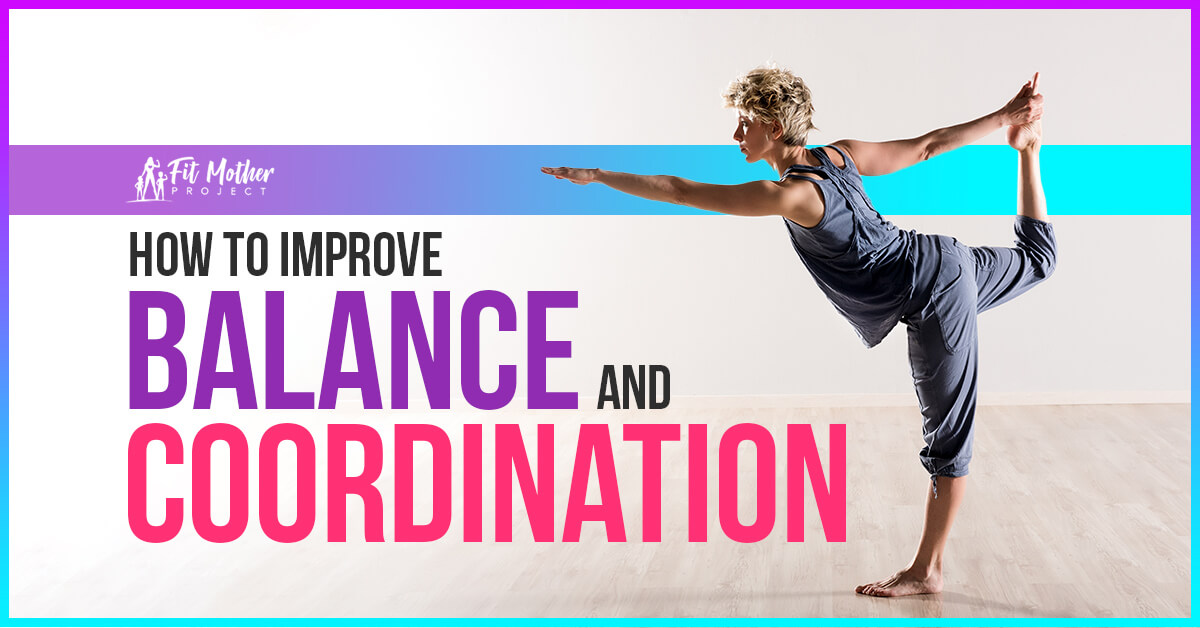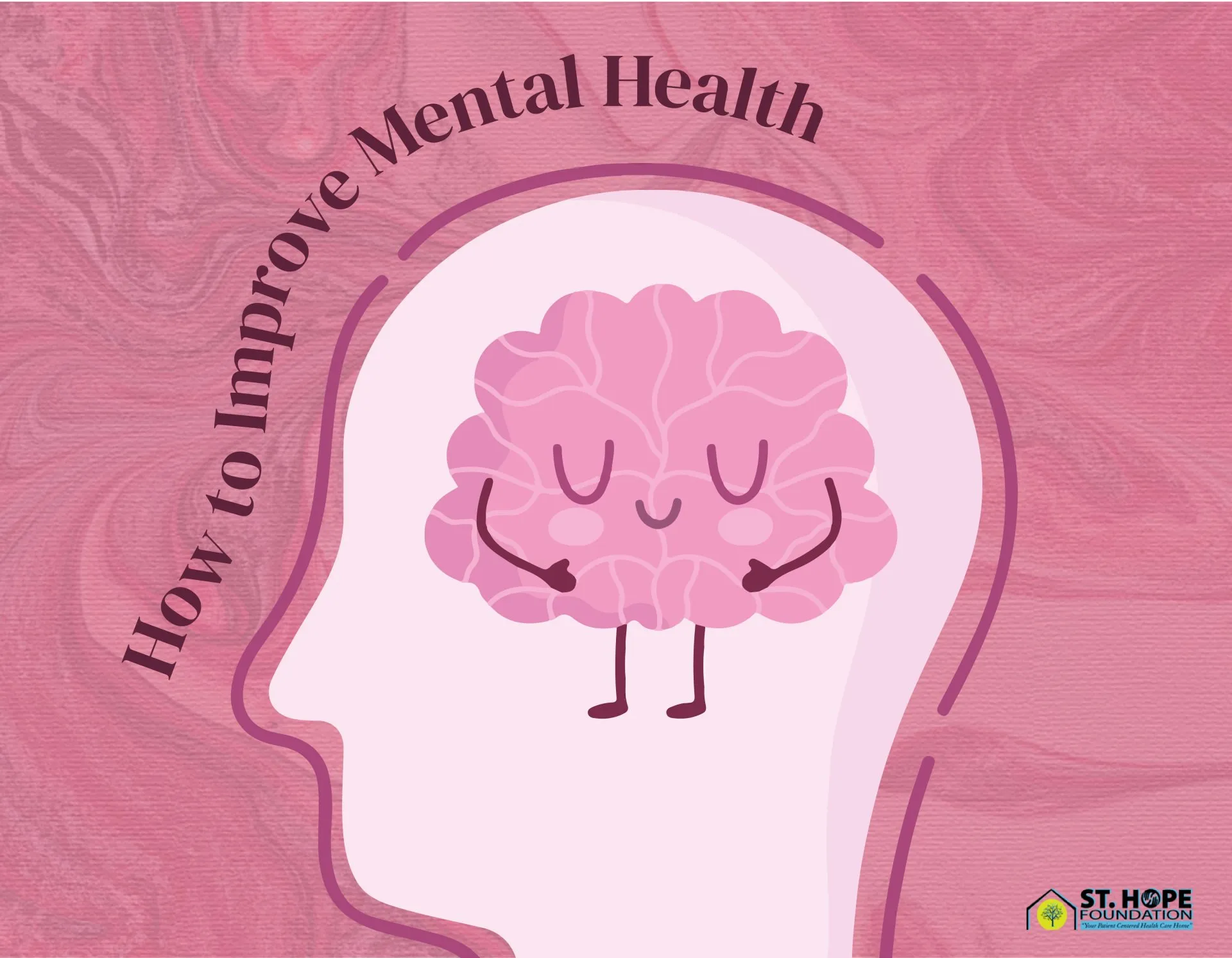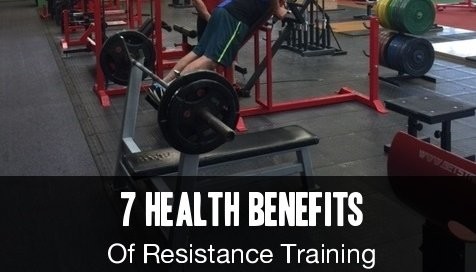Resistance training, often associated with weight lifting and bodybuilding, offers a wealth of benefits that extend far beyond muscle building. From improving overall health to aiding in weight management, the advantages of incorporating resistance training into your fitness routine are numerous. This article highlights 7 benefits of resistance training, particularly focusing on its impact on older adults and seniors.
Enhanced Muscle Strength and Tone

Resistance training is fundamentally about strengthening muscles. By regularly engaging in exercises like weight lifting or bodyweight workouts, you can significantly improve your muscle strength and tone. This is particularly beneficial for older adults, as it helps combat age-related muscle loss.
Improved Bone Density

One of the critical benefits of resistance training for older adults is the enhancement of bone density. As we age, our bones tend to weaken, increasing the risk of fractures. Resistance exercises stimulate bone growth, thus reducing the risk of osteoporosis and fractures.
Better Joint Flexibility

Contrary to popular belief, resistance training can improve joint flexibility. This is especially important for seniors, as it can help maintain mobility and reduce the risk of joint-related ailments.
Enhanced Metabolic Rate

Resistance training boosts your metabolism, aiding in more efficient calorie burning. This is crucial for weight management, making it a beneficial practice for individuals looking to control or reduce their weight.
Improved Balance and Coordination

As we age, maintaining balance and coordination becomes increasingly important. Resistance training for seniors can play a pivotal role in improving these aspects, which are essential for reducing the risk of falls and injuries.
Better Mental Health

The benefits of resistance training aren’t just physical; they extend to mental health as well. Engaging in regular resistance exercises can reduce stress, anxiety, and depression. It’s a great way to boost your mood and overall sense of well-being.
Chronic Disease Management

Resistance training can help in managing and preventing various chronic diseases. It’s known to be beneficial in controlling conditions like diabetes, heart disease, and arthritis, making it a valuable addition to a healthy lifestyle.
Getting Started with Resistance Training

Starting a resistance training program can be intimidating, especially for beginners or older adults. However, with the right approach, it can be a safe and rewarding experience. Here are some tips to get you started:
- Consult with a Professional: Before beginning any new exercise regimen, especially if you are an older adult or have health concerns, it’s crucial to consult with a healthcare provider or a certified fitness trainer. They can help tailor a program that suits your individual needs and goals.
- Begin Gradually: Start with lighter weights and fewer repetitions. Gradually increase the intensity as your body adapts. This approach helps prevent injuries and makes the process more enjoyable.
- Focus on Form: Proper form is key to effective resistance training. It ensures that you are working the right muscles and avoiding injuries. Consider working with a trainer initially to learn the correct techniques.
- Incorporate Variety: To keep your training engaging and to work different muscle groups, include a variety of exercises in your routine. This can range from free weights and machines to bodyweight exercises.
- Stay Consistent: Consistency is vital for reaping the full benefits of resistance training. Aim to include resistance exercises in your routine at least 2-3 times per week.
- Listen to Your Body: Pay attention to your body’s signals. If you feel pain (beyond normal muscle fatigue), it’s important to stop and rest. Avoid overtraining, as it can lead to injuries.
Resistance Training for Every Age

It’s a common misconception that resistance training is only for the young or those in peak physical condition. In reality, it’s beneficial and adaptable for all ages, including seniors. The key is to modify exercises to fit one’s capabilities and health status.
For older adults, resistance training can be particularly transformative. It not only helps maintain muscle mass and bone density but also improves balance and mental health. Programs tailored for seniors often focus on lighter weights and higher repetitions, emphasizing stability and joint health.
The Synergy of Resistance Training and Cardio

While the 7 benefits of resistance training are significant, combining resistance training with cardiovascular exercises, like running, can amplify these benefits. Running provides excellent cardiovascular benefits, improves endurance, and helps in weight management. When combined with resistance training, it creates a comprehensive fitness program that enhances overall health and well-being.
Resources and Further Reading
For those interested in exploring more about resistance training, especially for older adults, numerous resources are available:
Books and Guides: Look for books and online guides that offer step-by-step instructions for resistance training exercises.
Online Videos and Tutorials: Many free online resources provide visual demonstrations of exercises suitable for all levels.
Local Fitness Classes: Many community centers and gyms offer resistance training classes, including those specifically designed for seniors.
Health and Wellness Blogs: Follow blogs and websites dedicated to fitness and health for the latest tips and trends in resistance training.
Embracing the Lifestyle Change
Embarking on a journey with resistance training isn’t just about exercising; it’s about embracing a lifestyle change. This change includes not only physical activity but also nutrition, rest, and mental wellness. Here are some additional considerations to enhance your resistance training journey:
Nutrition and Hydration

- Fuel Your Body: Eating a balanced diet rich in proteins, carbohydrates, healthy fats, vitamins, and minerals is crucial. Proper nutrition aids in muscle recovery and overall energy levels.
- Stay Hydrated: Adequate hydration is essential, especially during and after workouts. Water helps in muscle function and recovery.
Rest and Recovery
- Adequate Rest: Alongside regular workouts, ensuring sufficient rest is vital. Muscles need time to repair and grow.
- Active Recovery: Engage in low-intensity activities like walking or yoga on rest days. This aids in muscle recovery and flexibility.
Mental Wellness

- Stay Motivated: Set achievable goals and track your progress. Celebrate small victories to stay motivated.
- Mindfulness and Stress Management: Practices like meditation and deep breathing can reduce stress and improve your overall experience with resistance training.
Community and Support
Joining a community of like-minded individuals can significantly enhance your resistance training experience. Whether it’s a local gym, an online forum, or a fitness group, being part of a community provides support, motivation, and valuable insights. Sharing experiences and challenges with others can be incredibly motivating and educational.
Overcoming Challenges
It’s natural to encounter challenges and plateaus in your resistance training journey. Here’s how to overcome them:
- Adapt and Modify: If an exercise isn’t working for you, don’t hesitate to modify it or try alternatives.
- Seek Professional Advice: If you’re struggling with certain aspects of your training, consider seeking advice from fitness professionals.
- Stay Patient and Persistent: Progress takes time. Stay committed to your routine, and the results will follow.
Final Tips for Success
- Safety First: Always prioritize safety. Use proper equipment and techniques to prevent injuries.
- Be Consistent: Consistency is key in resistance training. Stick to your routine, and don’t get discouraged by short-term setbacks.
- Enjoy the Process: Remember, resistance training should be enjoyable. Find exercises you love, and don’t be afraid to mix things up to keep it interesting.
Conclusion
In conclusion, the 7 benefits of resistance training, particularly for older adults and seniors, are too significant to overlook. By starting a resistance training program, you’re not just working towards a stronger body, but also a healthier and more vibrant life. Embrace the journey with an open mind, and let the transformative power of resistance training unfold.
For further reading and to delve deeper into this topic, explore our detailed guides on the benefits of resistance training for seniors and how to combine it effectively with other forms of exercise for a holistic approach to fitness.
Stay strong, stay healthy, and remember, your fitness journey is uniquely yours.
